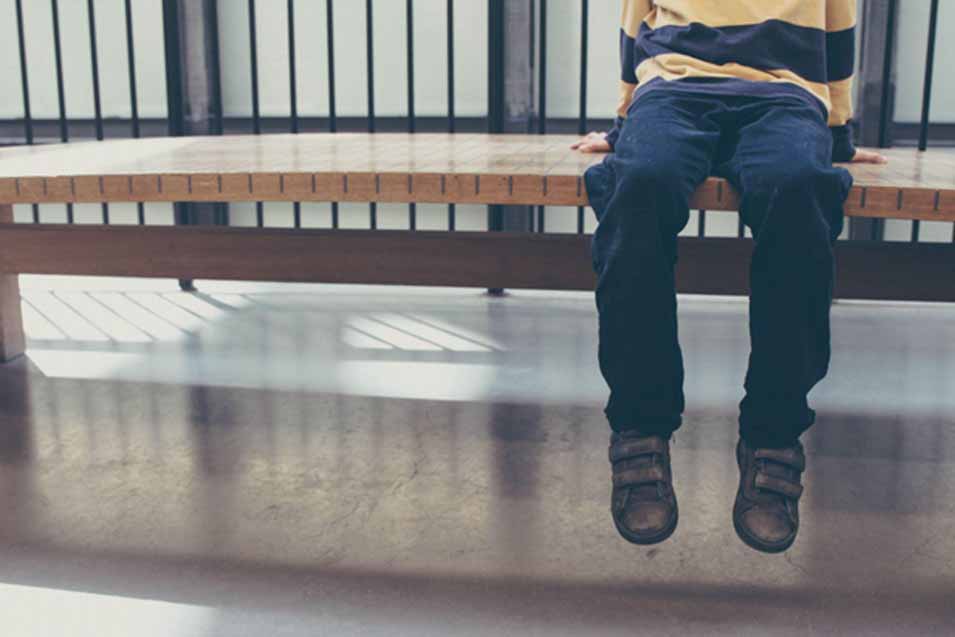
Caring for a child who is diagnosed with epilepsy can seem like a huge and scary task – it’s understandable to feel overwhelmed and worried at everything that could possibly go wrong.
However, there are many children diagnosed with epilepsy who are able to live healthy and normal lives once they understand what the disease is and how they can prevent it from affecting their regular life.
As a parent, we understand where your worry comes from and that’s why we’re here to walk you through the process, one step at a time.
Here are 4 things you need to do if your child is diagnosed with epilepsy.
1. Understanding your child’s epilepsy diagnosis
It’s important to understand what exactly is wrong and how you need to move forward with it. The internet can be helpful when it comes to understanding most concepts, but it can also be difficult to find reliable information that’s going to be of help to you.
That’s why it’s important to make sure you find credible sources and always consult with your pediatrician before starting any form of therapy or medication.
First things first – you need to acquaint yourself with everything there is to know about epilepsy, starting with the basics and going forward from there: what is epilepsy, what are the symptoms, what kind of triggers usually bring about a seizure attack, how you should react and respond during a seizure attack, what you can do to minimize the risks of a seizure attack, and how you can treat the disease are some good points to keep in mind as you begin learning and understanding more.
The important thing is to make sure you stay away from myths that could potentially harm your child, and always double-check any new information you come across.
2. Understand what triggers their attacks
Of course, not everyone who suffers from epilepsy gets triggered by everything around them. Different people have different responses – while some people rarely get seizure attacks, others get it more often as they are triggered by loud noises, pain, sleeplessness, bright lights, and so on.
In order to prevent your child from suffering from seizure attacks, make sure you pay close attention to any signs of an attack, when it seems to be occurring, and then proceed to minimize their contact with such triggers again.
This may seem like an overwhelming process in the start, but once you understand the way their body functions, it gets easier to avoid problematic situations.
3. Help your child understand the situation
The whole experience of getting diagnosed and having to deal with seizure attacks can take a toll on your child, especially if they’re left in the dark about what’s going on with their body. It’s vital to explain the issue and also help them understand that they are being treated and will eventually get better with time and dedication.
Be sure to let your child understand why they will need to stay away from specific situations (such as areas with loud noises, strobe lights, etc) since you’d need to teach them this right from a young age for them to understand the seriousness of staying away from triggers.
In the long run, they will also be able to help by protecting themselves by staying away from triggers and also letting you know when they are not feeling okay with something.
4. Stay dedicated to your journey to recovery
There are some things you can do to help your child slowly recover from the illness. This includes never missing their medication, being aware of their triggers, and trying to avoid seizure attacks. Another thing that helps is taking them on calming walks, swimming lessons, and other peaceful physical activities which will help them relax while also keeping their mind and body healthy.
